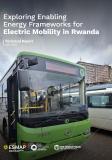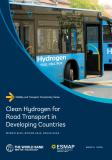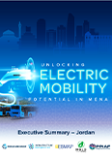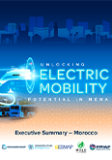Publications
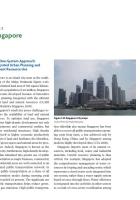
Singapore is an island city-state at the southern tip of the Malay Peninsula. With a limited land area of 700 square kilometers and a population of 4.8 million, Singapore has become developed because of innovative urban planning integrated with the efficient use of land and natural resources. Singapore’s small size poses challenges related to the availability of land and natural resources. To optimize land use, Singapore promotes high-density development not only for businesses and commercial entities, but also for residential structures. High density lends itself to higher economic productivity per unit of land and facilitates the identification of green spaces and natural areas for preservation.
Indeed, Singapore is known as the garden city. Furthermore, high-density development has translated into greater use of public transportation as major business, commercial, and residential areas are well connected to an integrated public transportation network. In 2004, public transportation as a share of all transportation modes during morning peak hours reached 63 percent. The significant use of public transportation helps reduce greenhouse gas emissions.
High public transportation ridership also means Singapore has been able to recover all public transportation operating costs from fares, a feat achieved only by Hong Kong, China, and by Singapore among modern, highly developed cities.
Eco2 Cities: Ecological Cities as Economic Cities
RELATED:
Part three consists of the Field Reference Guide. The guide contains background literature designed to support cities in developing more in-depth insight and fluency with the issues at two levels. It provides a city-by-city and sector-by-sector lens on urban infrastructure. The next section comprises a series of sector notes, each of which explores sector-specific issues in urban development.
Suzuki, Hiroaki; Dastur, Arish; Moffatt, Sebastian; Yabuki, Nanae; Maruyama, Hinako. 2010. "The Field Reference Guide, Case 3: Singapore." In Eco2 Cities: Ecological Cities as Economic Cities. World Bank. © World Bank. https://openknowledge.worldbank.org/handle/10986/2453
